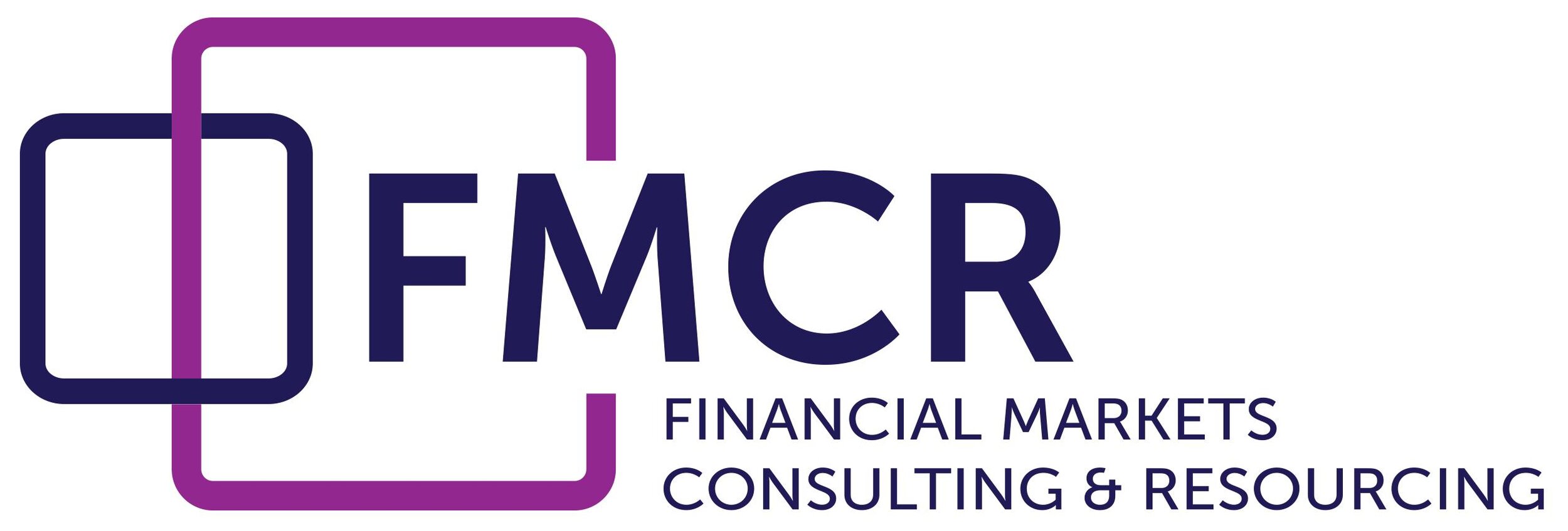IBOR Transition Update - ACT Conference
The Association of Corporate Treasurers held an International Treasury Week webinar during May. A session covered market progress on the transition away from IBOR and on to Risk Free Rates (‘RFR’s). Edwin Schooling Latter, Director of Markets and Wholesale Policy gave the Financial Conduct Authority’s update.
We are now more than halfway through the transition period and the aim is still to have the transition completed by the end of 2021.
The current coronavirus pandemic has been a good example of the benefit of RFR’s when the banking system is under stress. RFR’s do not carry the bank credit spread that is inbuilt into IBOR. Those market participants who have already switched to the UK’s new Sterling Overnight Index Average (‘SONIA’) will have received the full benefit of Bank of England rate cuts during the pandemic, while those who are still on IBOR will have lost two thirds of that benefit as the bank credit spread element of IBOR increased.
The five principal IBOR markets – the UK, the US, the euro area, Japan and Switzerland – are all moving on to their own overnight RFR’s but products within those markets are transitioning at different rates.
In the UK, the transition is essentially complete in floating rate bond markets. The securitisation market lags a little behind, but most recent issues have referenced SONIA, particularly at the short end of the curve. Derivatives are also gaining ground. In the first quarter of this year, two thirds of swaps referenced SONIA.
The market where transition is the slowest is the loan market and for good reason. It is the largest IBOR market, and the market for which IBOR was originally designed. There is a much wider range of counterparties and a greater degree of training is required for relationship managers.
The pandemic has also set the transition back as market emphasis has turned to keeping credit flowing in the economy. It had been intended to stop all new IBOR issuance by the end of Q3 this year but that has now been extended to the end of Q1 2021. That said, there is still an expectation that lenders will be able to offer non-IBOR alternative rates by the end pf Q3. Where IBOR is still used, contracts should contain explicit arrangements to move from IBOR before the end of the transition period, with the provision to convert to SONIA or another bank rate or to renegotiate altogether. This is not just a sterling issue but applies to all IBOR based markets. Other markets are not quite as advanced as sterling, but overall, the direction is the same.
David McNally of Deutsche Bank spoke for derivative market participants saying that participants will need to amend legacy contracts. Interest provisions or fall-back provisions will need to be amended to allow for transition before the end of the LIBOR cessation period. The International Swaps and Derivatives Association (‘ISDA’) prefers the fall-back option and is expected to publish a protocol to ISDA agreements that participants can choose to apply. All parties will need to agree the changes.
Jamie Thrower of NatWest spoke for the loan market and acknowledged that the market lagged the others for a number of reasons. There is a very broad range of market participants and products. It is a private market; little public information is broadcast and it has no overarching market body such as ISDA. He felt, also, that there were three elements blocking new issuance at the moment:
Consistency and clarity of calculation conventions is needed.
Confidence is lacking on both the buy and sell side. It is a ‘herd-like’ market and to be innovative and be the first takes courage and;
The pool of knowledge on how to do it is very limited, particularly among borrowers.
The focus in this market has to be on education and bringing the buy and sell side together.
Edwin Schooling Latter brought the session to a close with three very clear statements:
Make sure you can run every element of your business going forward without IBOR, including borrowing, derivatives hedging and treasury management systems.
Stock-take across all your legacy products and check all your plans are robust for the discontinuation of IBOR.
Do it before the end of 2021. Don’t leave it until New Year’s Eve 2021 otherwise your celebrations will not be very pleasant.
